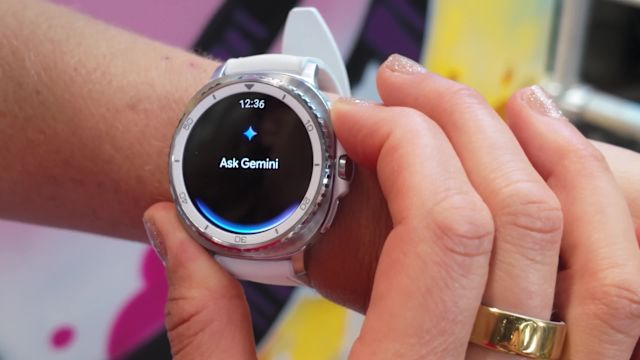New research suggests that few Google users are exploring beyond the AI-generated overviews the search engine now produces for many web searches.
The Pew Research Center finds that among users presented with one of these AI summaries, which first appeared in 2023 as Search Generative Experiences before a rebrand to AI Overviews last year, further browsing is now much less frequent.
-
Only 8% clicked on a link in the search results, versus 15% among those shown search results without an AI Overview;
-
26% ended their browsing at the AI Overview, while 16% did so after getting traditional search results;
-
32% continued to search Google, a bit under the 35% who searched on after getting older-school search results.
Pew analyzed the web habits of 900 survey participants who accepted having their March 2025 browsing activity tracked. The nonprofit’s report also looked into the links shown first in AI Overviews and in regular searches and found some interesting divergences.
-
Google’s own YouTube (which now shows AI Overview results to Premium subscribers) appears in the first page in 8% of traditional results but only got a mention in the first three AI Overview links in 4% of those results.
-
The proportions reversed with Wikipedia, with 3% of standard search results having a first-page link to the user-generated encyclopedia (which itself recently halted a rollout of AI summaries) but 6% of AI Overviews including it in their first three links.
-
AI Overviews were even more favorable to government sites at the .gov domain (some of which now offer their own AI chatbots), with 6% of those summaries pointing to those sites in their first three links; only 2% of traditional results had .gov links in the first page.
-
Reddit and news sites, however, showed up in 5% of each type of search result except for standard results, where Reddit (guess what, it’s also testing AI search assistance) got a link in the first page 6% of the time.
But while the majority of users in Pew’s analysis had seen AI Overview results, only 18% of their total searches yielded an automated summary. Queries in the form of who/what/when/why questions, however, led to AI Overviews 60% of the time, while sentence-style queries with a noun and a verb got that automated response 36% of the time.
Google questioned the notion that AI Overviews depress clickthrough traffic.

Get Our Best Stories!
Your Daily Dose of Our Top Tech News

By clicking Sign Me Up, you confirm you are 16+ and agree to our Terms of Use and Privacy Policy.
Thanks for signing up!
Your subscription has been confirmed. Keep an eye on your inbox!
“This study uses a flawed methodology and skewed queryset that is not representative of Search traffic,” emailed Jennifer Kutz, a Google spokesperson. “We consistently direct billions of clicks to websites daily and have not observed significant drops in aggregate web traffic as is being suggested.”
Many publishers would beg to differ. The Wall Street Journal reported in June that a variety of publications, including Business Insider and the Washington Post, have seen steep and sustained drops in search traffic. (The WSJ’s own search traffic stayed roughly the same.)
Recommended by Our Editors
At Google’s I/O developer conference in May, company executives said AI Overviews increased search use, citing 10% growth resulting from them in the US and India. And in a press preview before that event, search VP Liz Reid said AI Overview clickthroughs are “higher-quality,” meaning that “people spend more time on those web sites.”
Google has not shared more detailed data to back that up, and Pew publicist Sogand Afkari said that its research did not cover post-clickthrough dwell time at destination sites.
Pew’s study also did not cover a newer form of AI search that Google is now deploying, conversational “AI Mode” results. So, further rounds of this debate over AI’s effect on search traffic seem as inescapable as AI itself.


I Tried Gemini on the Galaxy Watch 8 and it Wowed Me | All Things Mobile
About Rob Pegoraro
Contributor










